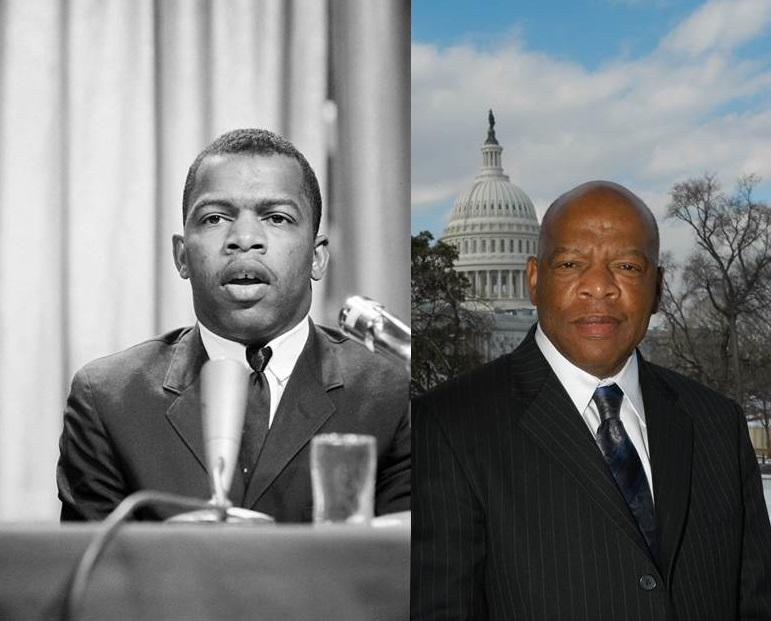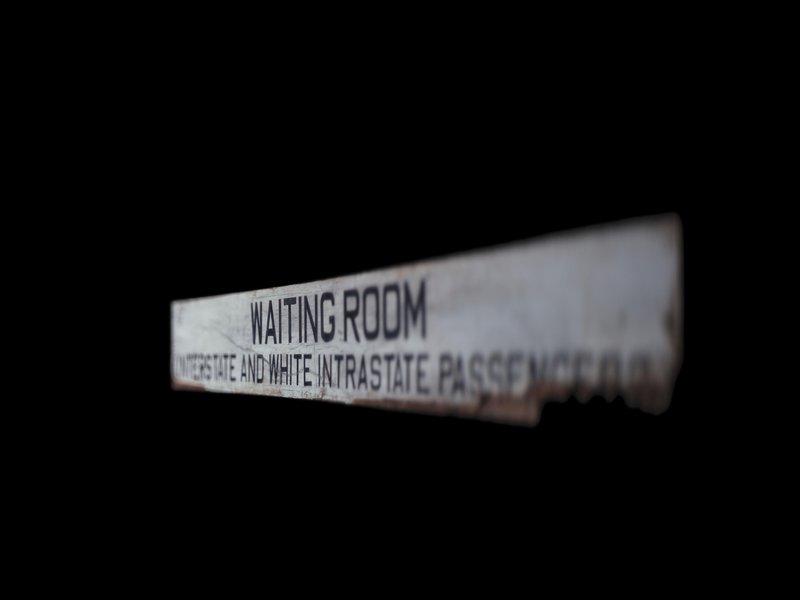Section Branding
Header Content
New Museum Part Of John Lewis' Quest For Civil Rights
Primary Content
The opening of the Smithsonian's National Museum of African American History and Culture marks a victory for Congressman John Lewis (D-Georgia), who pushed for it for years. Lewis' story as one of the original Freedom Riders is included in Smithsonian Magazine's Black in America issue, which came out this month. We revisit our recent conversation with him.
John Lewis recalls the Freedom Riders in the September issue of Smithsonian Magazine:
"In the summer of 1961 more than 400 people participated in the Freedom Rides, a movement to challenge the failure to comply with the Supreme Court rulings that outlawed segregated transportation facilities in the South. I was one of the original 13 Freedom Riders—seven African-Americans and six whites—who attempted to travel on Greyhound buses from Washington, D.C. to New Orleans in peaceful protest. I remember signs just like this one that read ‘white waiting’ and ‘colored waiting’ in Greyhound bus stations in Birmingham, Montgomery and other parts of the South.
We were harassed, beaten and jailed throughout that summer. On one leg of that trip my seatmate, a young white man from Connecticut, and I attempted to enter one of these so-called white waiting rooms in a small town called Rock Hill, South Carolina, about 25 miles from Charlotte. We were attacked by a group of white men who were members of the Klan. They beat us and left us lying in a pool of blood. The local officials came up and asked if we wanted to press charges. We said no, that we believed in the way of peace, the way of love, the way of nonviolence.
The Freedom Rides were probably, during that period, among the most dangerous aspects of the civil rights movement. To get on buses traveling through the South was very dangerous. It was dangerous, but it worked. By November 1, 1961, these segregated waiting room signs were gone.
I didn’t like seeing those signs that said ‘white waiting,’ ‘colored waiting,’ ‘white men,’ ‘colored men,’ ‘white women,’ ‘colored women.’ I wanted to do whatever I could to help bring them down.
Growing up, I would always ask my mother and father, my grandparents, my great-grandparents to explain racial discrimination to me and they would tell me sometimes, ‘That’s the way it is. Don’t get in the way, don’t get in trouble.’ But Dr. King and Rosa Parks inspired me to get in the way and to get in trouble.” – Rep. John Lewis (D-Georgia) as told to Katie Nodjimbadem





